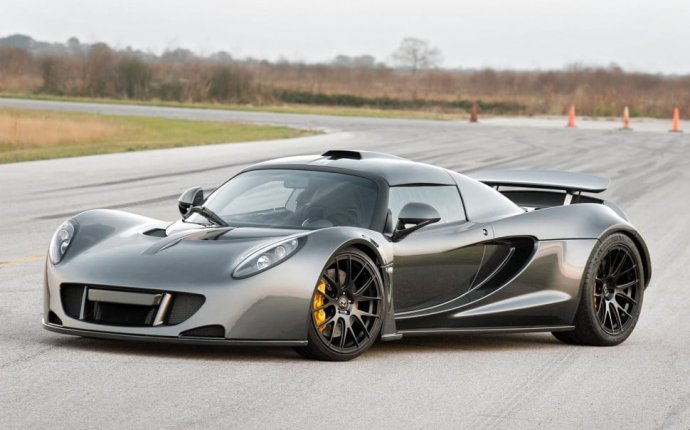
World Fastest Sports Car
That’s a lot of information (and nationalities) in one paragraph so let’s break it down. NextEV is part of a new wave in electric carmakers that are hoping to challenge Tesla as the top seller in the market. Others include, Lucid Motors, and the now-bankrupt Fisker Karma. But whether any can hope to topple Tesla from its top perch will depend entirely on their ability to sell cars in volume.
It’s not clear what NextEV’s strategy will be: mass-market cars for regular people, or luxury supercars for one-percenters? They seem to be starting with the low-volume brand building supercar to wow the market, but then who knows which strategy they will ultimately pursue. In a statement, NextEV Chair William Li said, “We believe that when the car ownership experience exceeds expectations, electric vehicles will become the natural choice for everyone, leading to a more sustainable tomorrow.”
What is clear is the Chinese startup (with an office in Silicon Valley, naturally) is emphasizing speed and performance at the outset. With four high-performance inboard motors and four individual gearboxes, the EP9 can deliver 1-megawatt of power. The supercar can accelerate from 0–124 mph (0–200 kph) in 7.1 seconds and has a top speed of 194 mph (313 kph). With an interchangeable battery system, the EP9 is designed to be charged in 45 minutes and has a range of 265 miles (427 kilometers).
How does that compare to Tesla’s Model X? It’s a shorter per-charge range, 265 miles compared to 315 miles for the Model X. And its 0–60 mph acceleration falls short as well, 2.7 seconds versus Tesla’s 2.5 seconds. We probably won’t know which is faster until both electric cars go head-to-head on the Green Hell.
The EP9’s design is thoroughly arresting: hulking wheels, a sleek physique, and a piercing face with headlights that look like slits. The sculpted haunches give it a very McLaren-esque appearance. This would definitely turn some heads.
They may still be upstarts, but NextEV has some big names backing its venture. Investors include Tencent, Temasek, Sequoia Capital, Lenovo, TPG, and others. And naturally, the company has aspirations in the world of autonomous driving. In October, NextEV applied for an Autonomous Vehicle Testing Permit from the California DMV to begin testing self-driving cars on public roads. NextEV says the EP9 features an “integrated e-control structure and sensor system layout” that can eventually accommodate autonomous driving technology.









